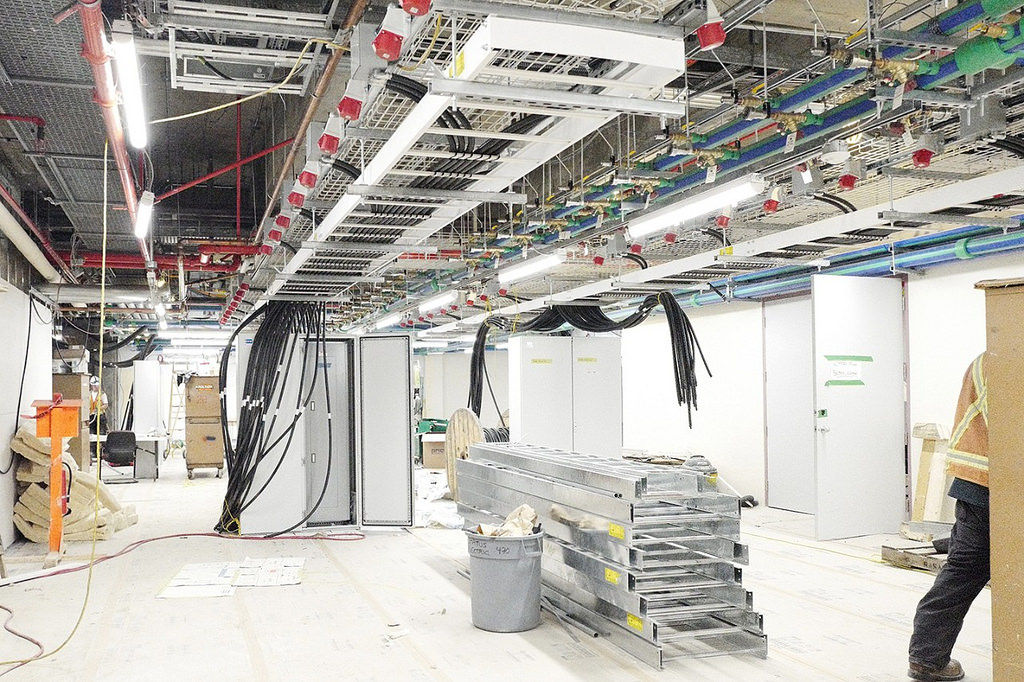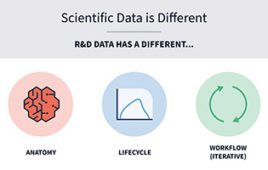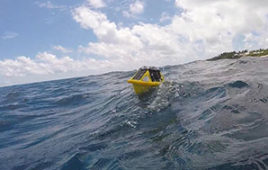
Source: Simon Fraser University, Data Centre/Flickr
Simon Fraser University, in partnership with Compute Canada and WestGrid, has launched Cedar, a new advanced research computing (ARC) system at the Burnaby campus. Cedar is Canada’s most powerful academic supercomputer.
Cedar will help Canadian researchers transcend the previous possibilities of Canadian research and innovation in a number of industries including personalized medicine, green tech, artificial intelligence, as well as many other growth industries.
As one of the four new Canadian supercomputing and data centre sites, Cedar will give Canadian researchers unprecedented computing power through ARC resources and expertise. The system features big data capabilities in collecting, analyzing, and sharing immense volumes of data.
Compute Canada, in partnership with its regional partners and member institutions, is leading this broad transformation of Canada’s national ARC platform. The full investment across Canada is valued at $75-million and includes funding from the Canada Foundation for Innovation (CFI), and provincial and industry partners.
Currently, there are 27 data centres and 50 aging legacy systems across Canada that will be consolidated into five to ten data centres by the end of 2018. With greater computational power than all of Compute Canada’s legacy systems combined, Cedar will provide expanded compute, storage, and cloud resources to Canada’s diverse research community.
“SFU is a distinct leader in ARC and Cedar will place us in the world’s top 100 supercomputer installations,” says Joy Johnson, SFU’s vice-president, research and international. “We are honoured to be one of the four new national advanced research computing (ARC) systems that will provide Canadian researchers access to the latest technology and expertise they need to make transformative scientific discoveries.”
The Honourable Kristy Duncan, Ministry of Science, says Cedar will help scientists exchange ideas, collaborate and make discoveries that lead to faster technologies, new medical therapies and a more prosperous economy.
“I am pleased that our government, through the Canada Foundation for Innovation, is investing in the latest advanced scientific technology that will support front-line scientists whose contributions help us build a healthier, stronger middle class.”
SFU physics professor Dugan O’Neil, who is also Compute Canada’s chief science officer, says regardless of location researchers across Canada will have equal access to Cedar.
“Most research today is data intensive, whether your area is genomics, advanced materials, or humanities and social sciences,” says O’Neil. “Cedar, and the three national other systems, will serve a diverse range of research projects and enable discoveries that may not have otherwise happened because the tools were simply not there.”
Fiona Brinkman, SFU molecular biology and biochemistry professor, says the research community at SFU is excited to utilize Cedar’s unparalleled supercomputing power.
“The new ARC system, Cedar will allow Canadian researchers to much more quickly analyze the DNA of microbes, allowing us to more rapidly track and understand the origins and spread of infectious disease outbreaks,” says Brinkman.
Mark Dietrich, Compute Canada’s president and chief executive officer, says Compute Canada is honoured to collaborate with SFU and WestGrid and is proud of the achievements they’ve accomplished together as partners.
“For the community of over 11,000 Canadian researchers that we serve today, Cedar will give Canadian researchers and innovators the ability to compete and excel globally using big data and big compute tools,” says Dietrich.
WestGrid, one of Compute Canada’s four regional partners, provides ARC support and services to advance research and innovation in British Columbia, Alberta, Saskatchewan and Manitoba.
“The technology is one thing, but combine it with our greatest resource – our people – and you’ve got something that is truly transformative,” says Lindsay Sill, executive director of WestGrid. “I think we’ll see extraordinary advances in artificial intelligence, green technology, new materials and advanced products, personalized medicine, and much more.”
Mark Roman, SFU’s chief information officer agrees: “Providing a national, strategic research computing service involves some obvious facilities such as massive computational processing and vast storage capacity. There are also many behind-the-scenes facilities, including enormously complex support services, processes and infrastructure. Ultimately, the real success of this project is fully and completely dependent on a small group of brilliant and dedicated people—they are the true heroes who transcend the technology.”




